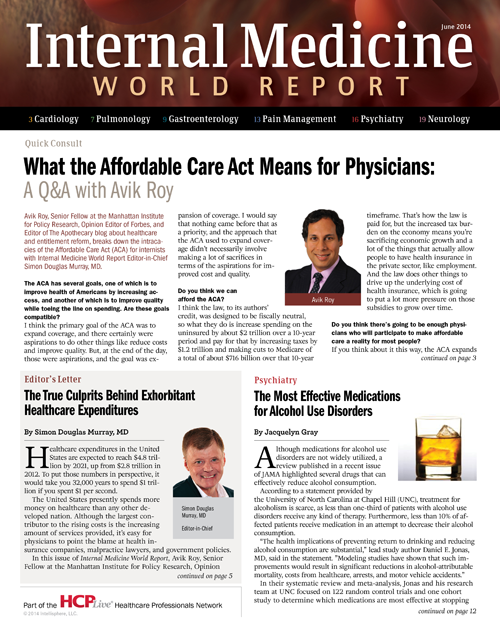Publication
Article
Internal Medicine World Report
Durability Seen in Clinical Cardiology Guideline Recommendations Based on Multiple Randomized Trials
Author(s):
Cardiology guideline recommendations that are based on multiple randomized studies have the most durability over time, researchers from the University of Pennsylvania have found.

Cardiology guideline recommendations that are based on multiple randomized studies have the most durability over time, researchers from the University of Pennsylvania have found.
For their study published in JAMA, Mark D. Neuman, MD, MSc, and his colleagues reviewed 619 class 1 recommendations from 11 American College of Cardiology (ACC)/American Heart Association (AHA) clinical practice guidelines. Of those recommendations, Neuman and co-authors found 495 were retained in a subsequent version of a clinical practice guideline, while 57 were downgraded or reversed, and 67 were omitted.
According to the researchers, “downgrades, reversals, and omissions were most common among recommendations not supported by multiple randomized studies.” In fact, the odds of a recommendation being reversed, downgraded, or omitted was more than 3 times greater when it was based on one randomized trial, observational data, or expert opinion, compared to a recommendation based on multiple randomized trials.
Since the durability of class I cardiology guideline recommendations promoted by the ACC and AHA varied across individual guidelines and levels of evidence, the investigators concluded that basing policies on procedures and treatments supported by multiple randomized trials is a safer and more durable endeavor. However, the authors noted that specifying the reasons for downgrading, reversing, or omitting a recommendation in an updated version of a guideline would also be helpful to clinicians and policymakers.






